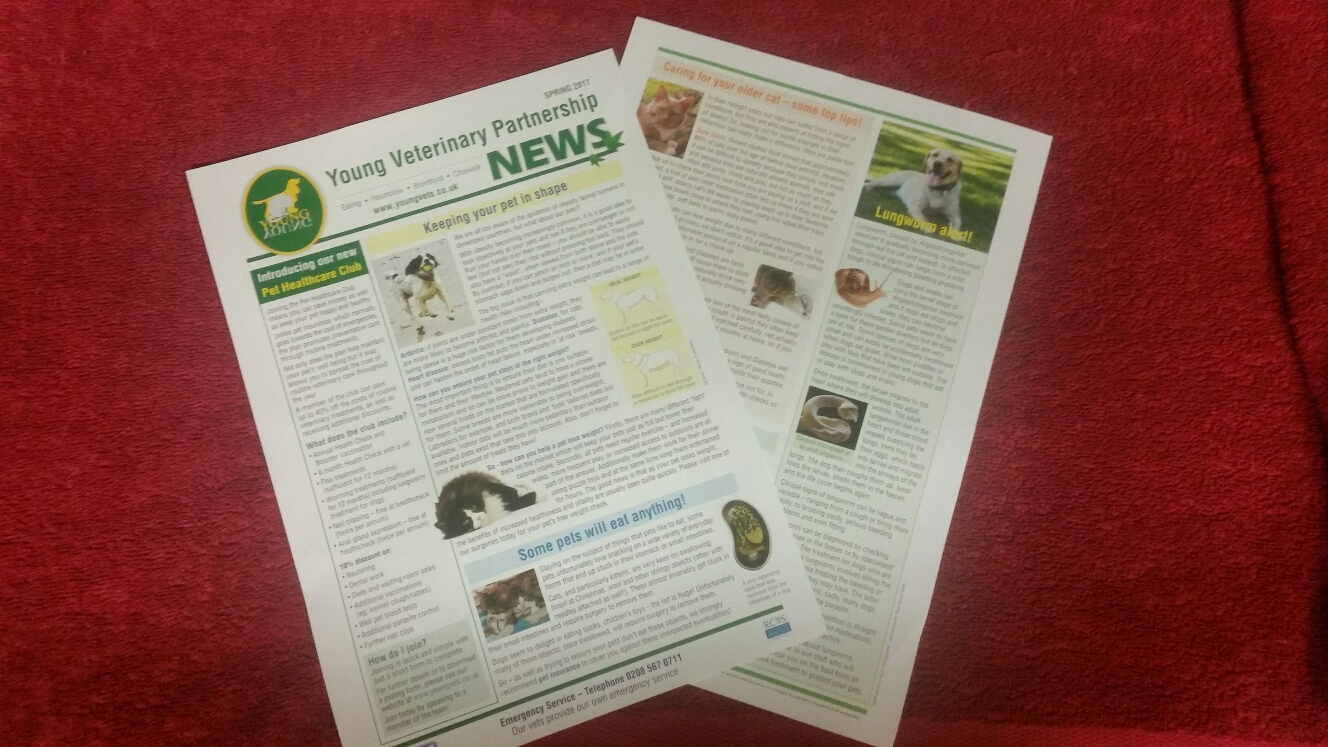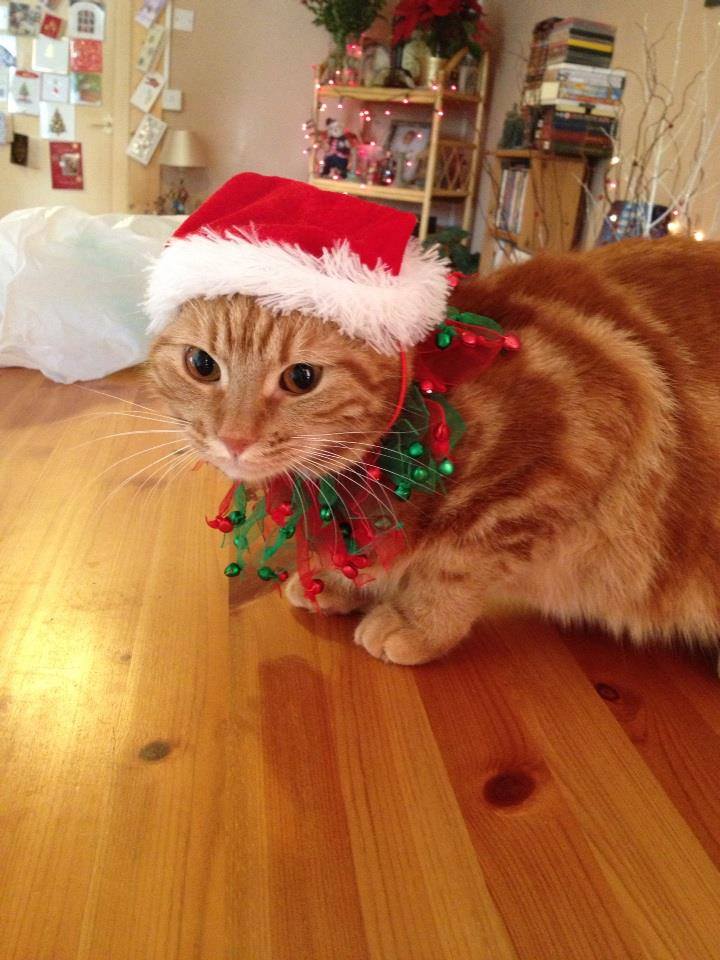Included in our Spring 2017 Newsletter :
Lungworm alert! Lungworm is gradually becoming more common through-out the UK and can lead to life threatening problems. Lungworm signs an be vague and variable – from a cough or tiring easily to serious bleeding and even fitting, make sure you know the signs. The good news is that prevention is straight forward with spot treatment or tablet available at all four of our surgeries.
Rabbits teeth – a growing issue!
Did you know that a rabbits teeth continually grow throughout their lives, that’s why their diet is vitally important to keep them happy and healthy. A good quality diet should make up most of your rabbits diet along side pelleted rabbit feed and fresh green vegetables. To learn more about overgrown teeth and spikes in your rabbits mouth read here.
Senior felines & golden oldies.
In their twilight years our cats can suffer from a range of conditions, but they can also be experts in hiding their pain! Read our Spring 2017 Newsletter to understand the signs to look out for in your golden oldie. Don’t forget that cats are very good at hiding pain so subtle changes in diet, weight or amount their are drinking could all be signs of an underlying problem.
Read our Spring 2017 newsletter HERE.




